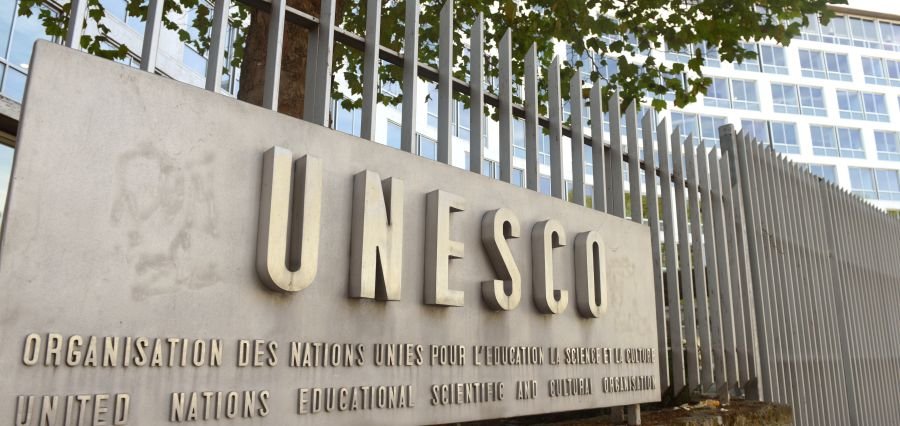The East African Community (EAC) hosted its inaugural Regional Education Conference from August 12 to 15, 2024, in Arusha, Tanzania, aligning with the African Union Year of Education. The conference, themed “Educate an African Fit for the 21st Century: Collective Action for Quality, Inclusive, and Lifelong Learning in East Africa,” focused on fostering quality and inclusive education across the region.
UNESCO’s Regional Office for Eastern Africa played a pivotal role in the event, co-organizing a key panel discussion with UNICEF’s Eastern and Southern Africa Regional Office and the Kenya National Examinations Council. Titled “Data and Accountability for SDG 4.1.1: Fixing Data Gaps to Enhance Learning,” the discussion highlighted the significance of national foundational learning assessments in measuring children’s educational outcomes. Panelists explored the Global Proficiency Framework (GPF) and the Multiple Indicator Cluster Survey (MICS) Foundational Learning Module, emphasizing their alignment and importance in addressing educational data gaps.
The conference attracted over 600 participants, including representatives from government bodies, development partners, civil society organizations, and academic institutions across the eight EAC Partner States. The event served as a dynamic platform for sharing experiences and best practices, with a strong focus on addressing the region’s learning crisis as an urgent social justice issue.
Development partners showed significant interest in the discussions. Huong Le Thu, an Education Specialist from UNESCO’s Division for Policies and Lifelong Learning Systems, reiterated UNESCO’s commitment to providing technical assistance and training for Member States. She emphasized the organization’s collaboration with countries to develop assessment tools, improve data management systems, and utilize data to inform policy and decision-making.
Anne Ngatia, Deputy Director of the Research, Innovation, and Educational Assessment Resource Centre at the Kenya National Examinations Council, shared insights into Kenya’s implementation of large-scale national assessments aligned with the GPF. She highlighted the importance of harmonizing national learning assessments with international frameworks to ensure data consistency and comparability among countries with similar contexts.
Polycarp Otieno, Education Specialist at UNICEF’s Eastern and Southern Africa Regional Office, underscored the challenges many children in the region face with basic literacy skills. He pointed out that the GPF and MICS Foundational Learning Module provide critical data in this area and stressed the importance of supporting policymakers in utilizing this data to guide policy decisions.
The East African Community Regional Education Conference marked a significant step forward in advancing education across the region.

